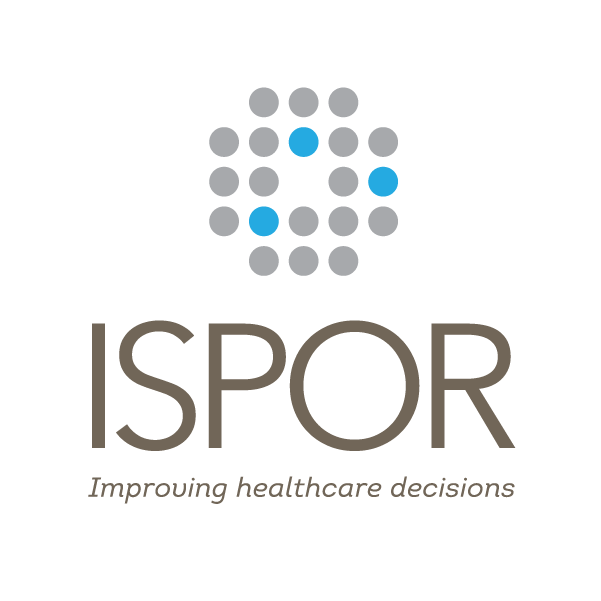Newswise — Lawrenceville, NJ, USA—August 10, 2020—Value in Health, the official journal of ISPOR—the professional society for health economics and outcomes research, announced today the publication of a series of articles focused on recent developments in the field of health preference research. The series was published in the July 2020 issue of Value in Health.
“Mature health preference research literature must look to scientists for evidence of equal quality to randomized clinical trials,” said Guest Editor, Axel C. Mühlbacher, PhD, Health Economics and Health Care Management, Hochschule Neubrandenburg, Neubrandenburg, Germany, in his opening editorial. “That requires applying established standards of good research practice for collecting, analyzing, and reporting preference evidence. There has been great progress in the last decade toward moving health preference research in that direction, particularly in health valuation.”
This progress is exemplified in the reports that together compose the themed section; each article supports decisions involving trade-offs among multiple—often conflicting—objectives. The themed section demonstrates that health preference research informs value judgements about whether the benefits of a treatment are substantial enough to tolerate associated risks or costs.
Dr Mühlbacher’s editorial, “Science or Art? Reproducibility of Health Preference Research,” provides historical perspective and introduces the 6 articles in the series:
- “Health Preference Research in Europe: A Review of Its Use in Marketing Authorization, Reimbursement, And Pricing Decisions,” by KD Marsh, J van Til, E Molsen-David, et al
- “Patient Preferences for Medications in Managing Type 2 Diabetes Mellitus: A Discrete Choice Experiment,” by S Ozdemir, D Baid, N Verghese, et al
- “Heterogeneous Patient Preferences for Modern Antiretroviral Therapy: Results of A Discrete Choice Experiment” by J Ostermann, AC Mühlbacher, D Brown, et al
- “Patient Preferences in The Treatment of Hemophilia A: A Best–Worst Scaling Case 3 Analysis,” by AC Mühlbacher, A Sadler, B Lamprecht, and C Juhnke
- “The Preferred Qualities of HIV Testing and Self-Testing Among Men Who Have Sex With Men: A Discrete Choice Experiment,” by J Ong, R De Abreu Lourenco, D Street, et al
- “Peruvian Valuation of the EQ-5D-5L: A Direct Comparison of Time Trade Off and Discrete Choice Experiments,” by F Augustovski, M Belizan, L Gibbons, et al
“The articles in this themed section enhance the scientific validity and relevance of health preference research to inform decision making,” said Mühlbacher.
“Promoting the rigorous application of state-of-the-science methods is essential for the future of health preference research. These articles demonstrate that assessments based on objective, reliable, and valid preference evidence are essential for informing decisions about the efficient delivery of healthcare.”
###
ABOUT ISPOR
ISPOR, the professional society for health economics and outcomes research (HEOR), is an international, multistakeholder, nonprofit dedicated to advancing HEOR excellence to improve decision making for health globally. The Society is the leading source for scientific conferences, peer-reviewed and MEDLINE®-indexed publications, good practices guidance, education, collaboration, and tools/resources in the field.
Website | LinkedIn | Twitter (@ispororg) | YouTube | Facebook | Instagram
ABOUT VALUE IN HEALTH
Value in Health (ISSN 1098-3015) is an international, indexed journal that publishes original research and health policy articles that advance the field of health economics and outcomes research to help healthcare leaders make evidence-based decisions. The journal’s 2019 impact factor score is 4.748. Value in Health is ranked 5th of 87 journals in health policy and services, 7th of 102 journals in healthcare sciences and services, and 19th of 371 journals in economics. Value in Health is a monthly publication that circulates to more than 10,000 readers around the world.
Website | Twitter (@isporjournals)
